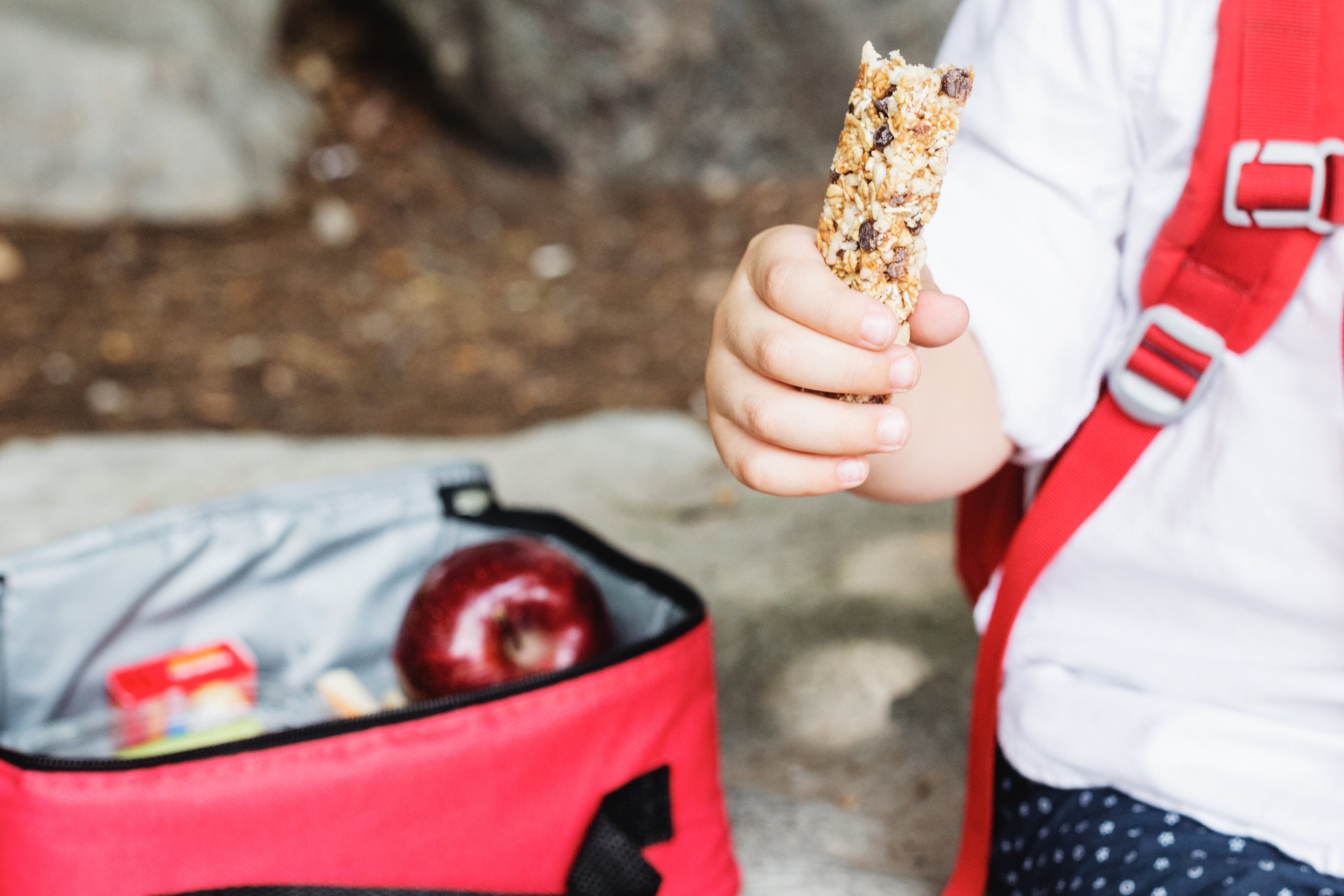
When my daughter with allergies (food and environmental) leaves our little bubble at home, we must take some precautions to help reduce her risk of an allergic reaction. When back to school season is approaching it is a stressful time for us. And when I say us, it includes our little one, because it means a new teacher who does not know her. We will have to explain everything about her health and special care. And the risks of an allergic reaction at school can be higher than at home.
So far, our key to success has been the planning and persistence and working cooperatively with the school to form a partnership that supports our child along the way. Here are some tips that have worked for us for the last couple of years:
School Procedures
Do your research about any paperwork that needs to be filled out for a kid with allergies. There are some standard forms that need to be completed and signed by your doctor. However, ask if there is a special form where you can add all your kid’s allergies and any special treatments that have to be given to your kid in case of a reaction.
It is also extremely important to find out if your kid’s school has a nurse on site. If that is the case, go and talk to her and explain your kid’s condition along with a note that can come in handy.
Prepare an allergy emergency action plan
This is an important tool that details your child’s allergies, explains the symptoms of anaphylaxis, what kind of signs they have to be aware of, and how to approach them. It also reminds school staff members when to give epinephrine and the emergency steps to follow promptly in case your child has a reaction.
Meet with the teacher
Schedule a meeting with the teacher as soon as possible. Teachers play the most important role in your kid’s safety at school. They have to be fully aware of all your kid’s allergies and triggers. Remember, an allergic reaction can progress rapidly and the key is to act promptly.
Write a small card that the teacher can have at her desk where your kid’s allergies are listed.
Ask the teacher about how the classroom is managed in terms of seating, snack time, and other times when food might be a part of learning.
Allergy-Friendly Snacks and Treats
Send non-perishable allergy-friendly snacks for your child that can be stored at school. You can also prepare a weekly batch of treats. Ask the teacher about all the birthdays and special occasions. This way you can provide safe desserts that your child can enjoy during those events. Usually, teachers have access to a fridge and/or freezer where they can safely store and label those treats so that your child won’t feel left out of celebrations.
School Meals
Before school starts, find out the kind of food your kid’s school has available. You can even meet with the person in charge of the cafeteria and ask about food preparation and storage if you and your child choose school-made meals. I highly recommend sending lunch from home every day. This is what I have done, and it keeps me worry-free. But you can evaluate all your options.
Lastly, be informed about cafeteria policies and seating arrangements prior to school starting. Explain the information to your child clearly so that he or she can eat lunch safely on the first day of school.
Talk to your kid
No matter how young your son or daughter is, they have to know what they are allergic to. They need to understand that they can have an allergic reaction if they are exposed to their triggers. Children with food allergies should know what foods are safe and unsafe for them. Teach them to never share food with friends or taste anything if they are not sure what is in it.
If they are old enough, show them how to read labels. And tell them that it is OK to say “NO” if someone offers food to them (ex. a mom, a teacher from another class). Also, explain to your kid that if she or he is feeling like they are having a reaction that they need to notify the teacher.
Medicines On Hand
Provide the teacher with any medication(s) your kid may need in case of a reaction, such as an antihistamine, inhaler, or Epi-pen (auto-injector). If it is possible, do it even before school starts. Also make sure it’s properly labeled, that it hasn’t expired, and explain how and when to use it.
I hope these tips help you and your allergy kid to start this school year fresh, healthy and confidently!
















